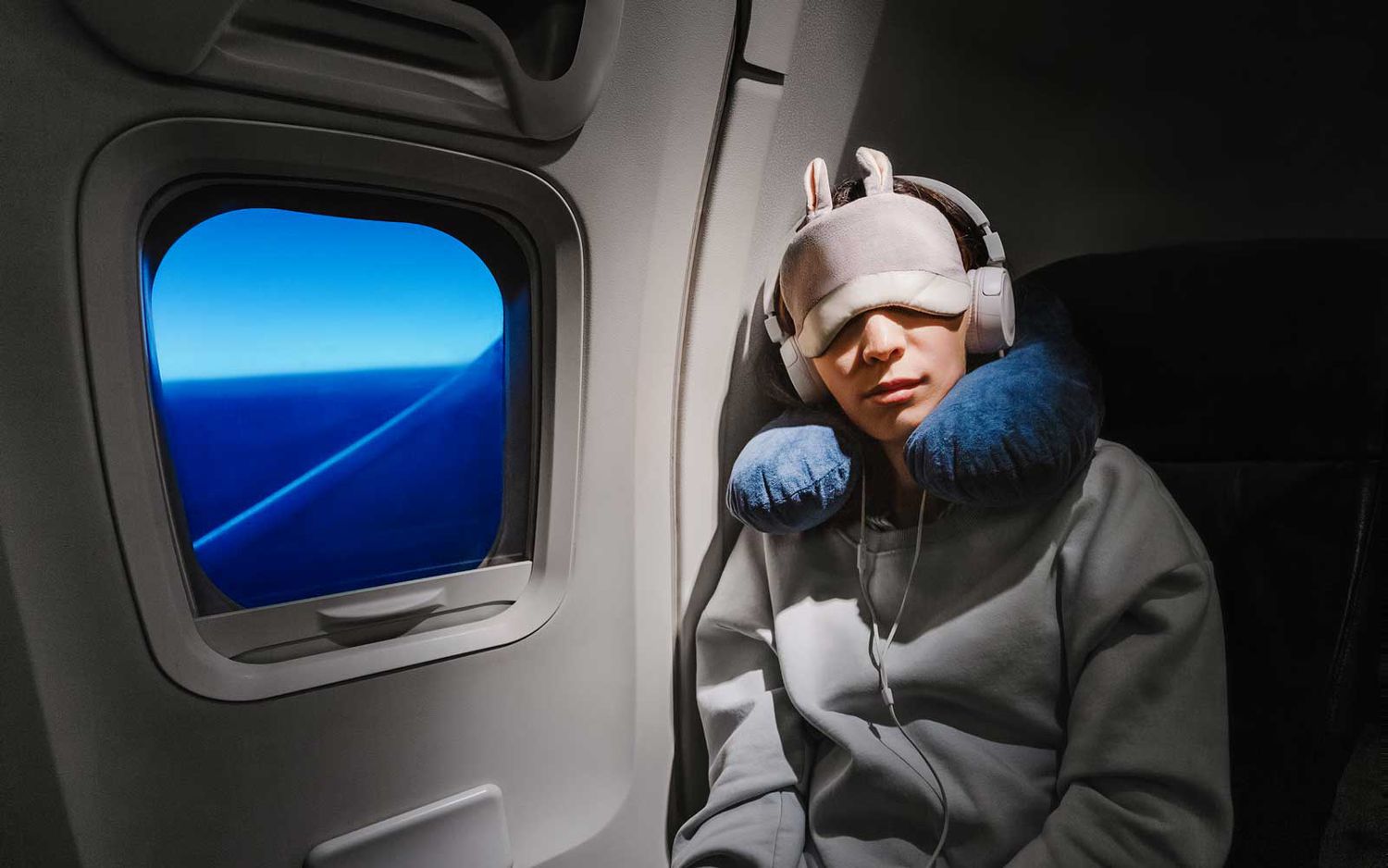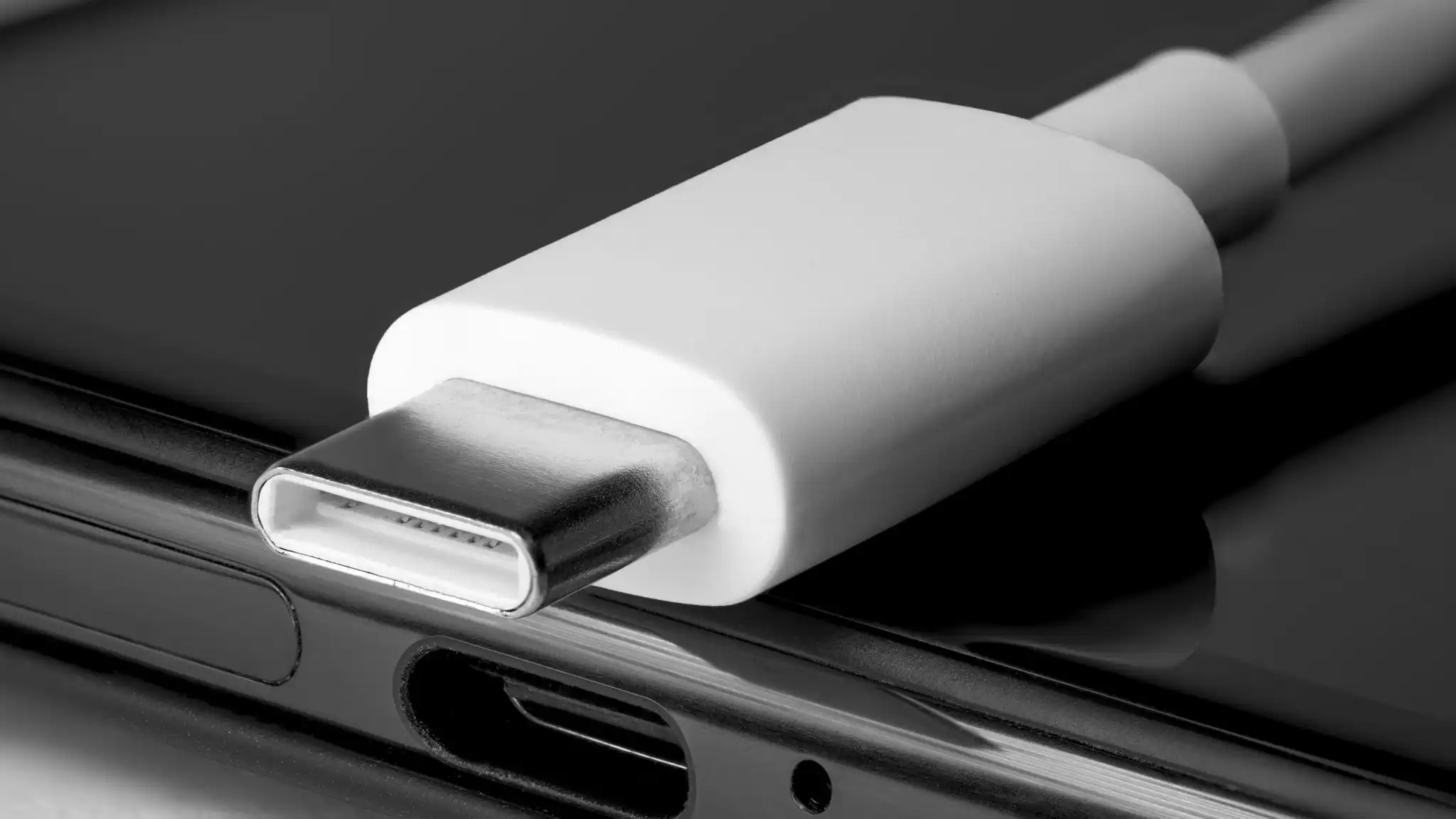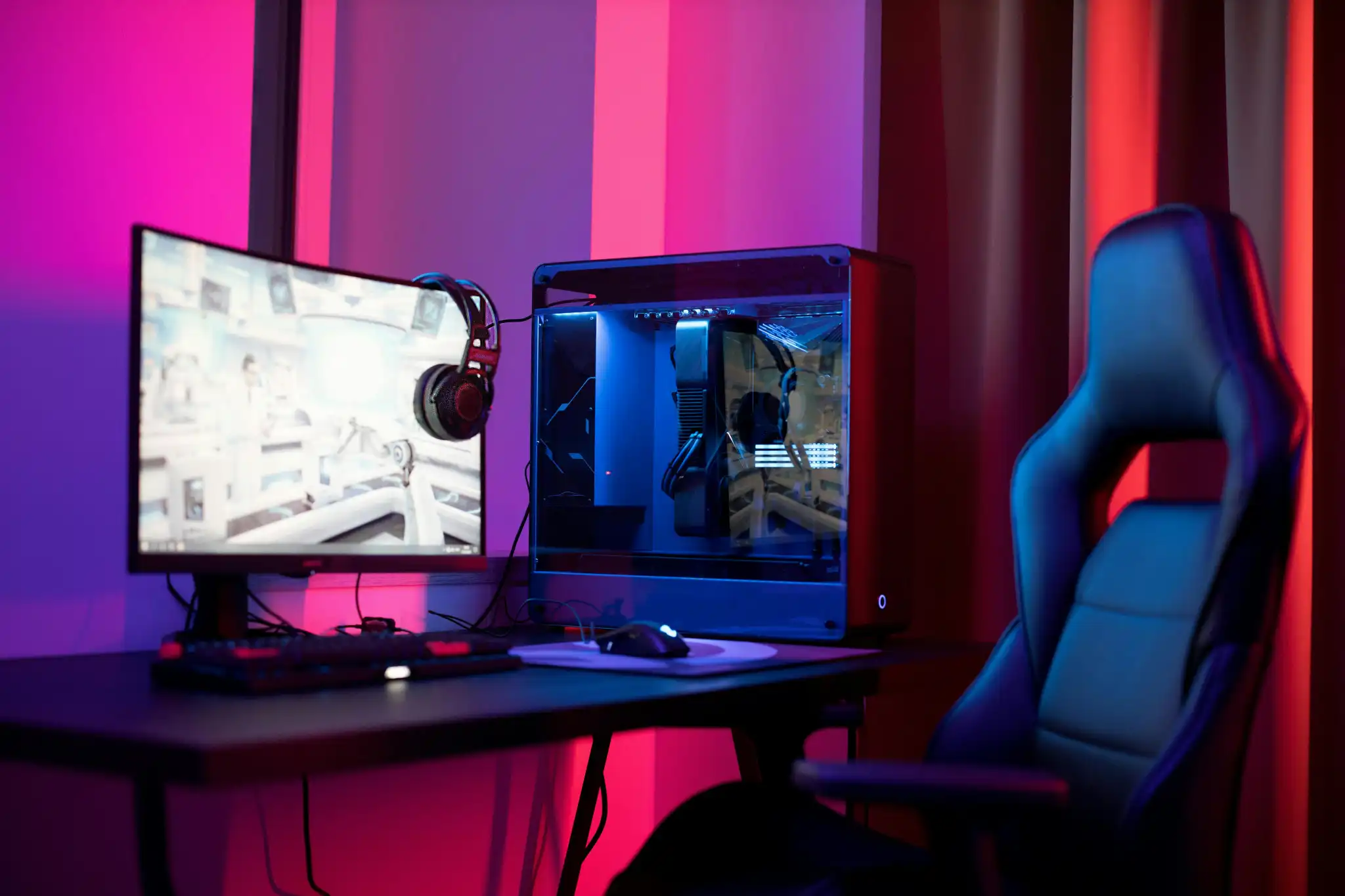
The holiday season often entails travel, and the ensuing disruption to sleep patterns can be particularly challenging, especially when journeying across multiple time zones, leading to the notorious phenomenon known as jet lag.
Jet lag is not a mere expression coined by frequent flyers; it is a genuine physiological response. Our circadian rhythm, the internal clock regulating sleep-wake cycles, becomes out of sync when we change time zones. This misalignment can manifest in various symptoms, including fatigue, sleep difficulties, headaches, concentration issues, loss of appetite, and gastrointestinal troubles.
Don’t let jet lag mar your holiday plans. Here are 7 tips to combat jet lag and safeguard the quality of your sleep:
1. Start prepping before your trip: Gradually adjust your circadian rhythm to the new time zone by making incremental changes to your sleep schedule leading up to your journey. Small adjustments, around 30 minutes at a time, can significantly aid in a quicker recovery.
2. Live like the locals: Immediately adapt your activities to the new time zone. Eat and sleep according to the destination’s local time, disregarding your previous time zone. Set your watch to the correct time before departure and attempt to align your activities with the destination’s schedule.
3. Hang out in the sunshine: Sunlight plays a crucial role in regulating circadian rhythms. Spend time outdoors upon arrival, especially during daylight hours, to help your body adjust to the new time zone. Consider using sleep tech, such as a light-blocking sleep mask, to aid in the adjustment process.
4. Make sure the room is ready for sleep: Ensure that your sleep environment, whether a hotel room or a guest bedroom, is conducive to rest. Control the room temperature, bring comfort items from home, use a sleep mask, and opt for a comfortable mattress to enhance the quality of your sleep.
5. Avoid drinking caffeine (and alcohol): Be strategic about consuming caffeinated drinks, especially close to bedtime. Avoid caffeine and alcohol a few hours before sleep and opt for hydrating beverages to mitigate dehydration, which can exacerbate jet lag symptoms.
6. Try melatonin: Consider melatonin supplements to jump-start your natural circadian rhythm. Adjust the dosage based on your preferences, with 0.5mg as a lower dose and 5mg on the higher side.
7. Take a warm shower or bath: Indulge in a warm shower or bath about an hour and a half before bedtime to promote relaxation. This can aid in the natural cooling of your body temperature as you progress through the stages of sleep.
By incorporating these tips, you can minimize the impact of jet lag, ensuring a smoother transition and preserving the joy of your holiday travels.




